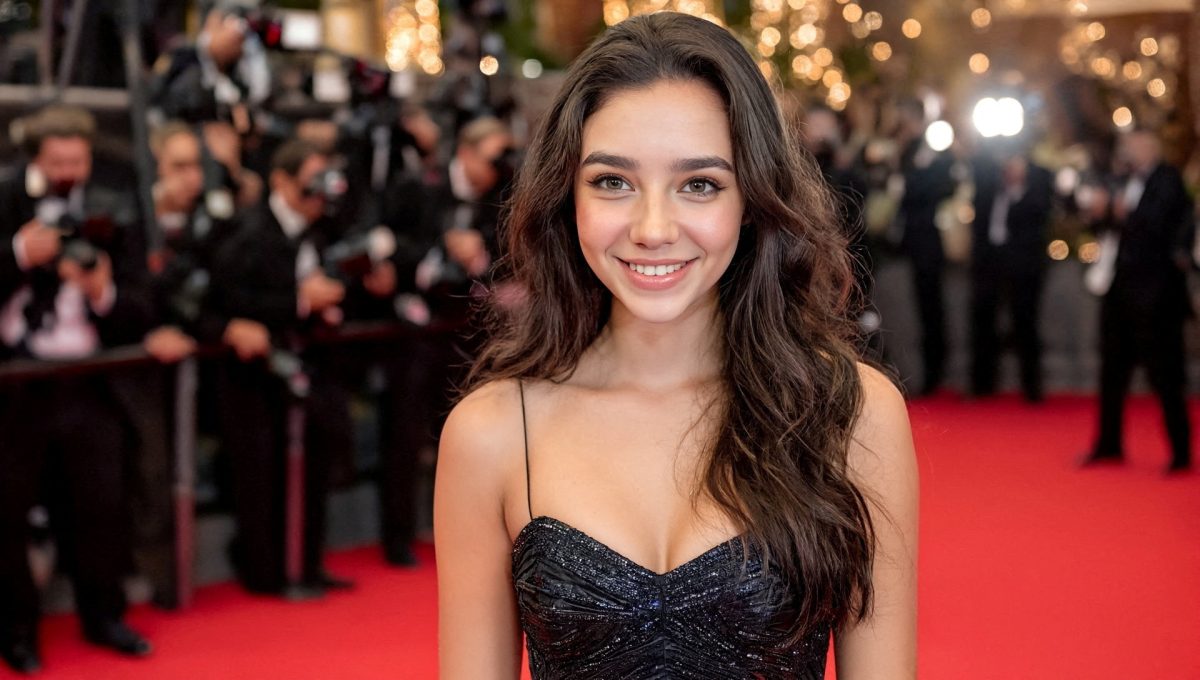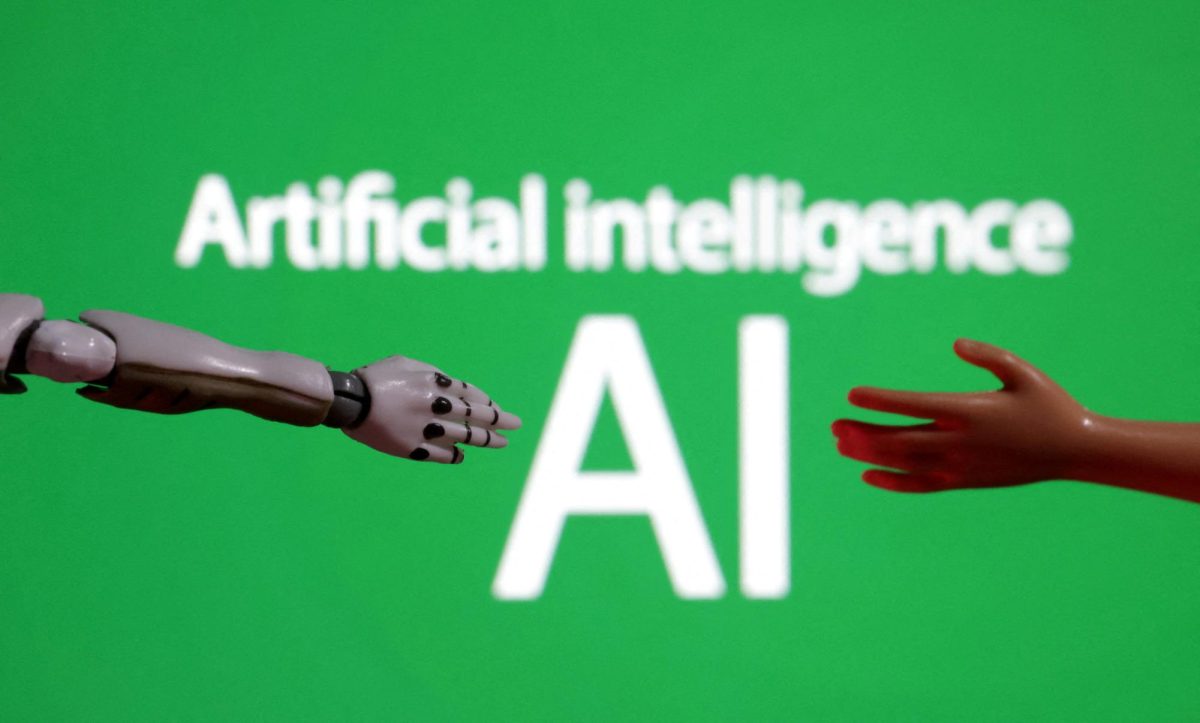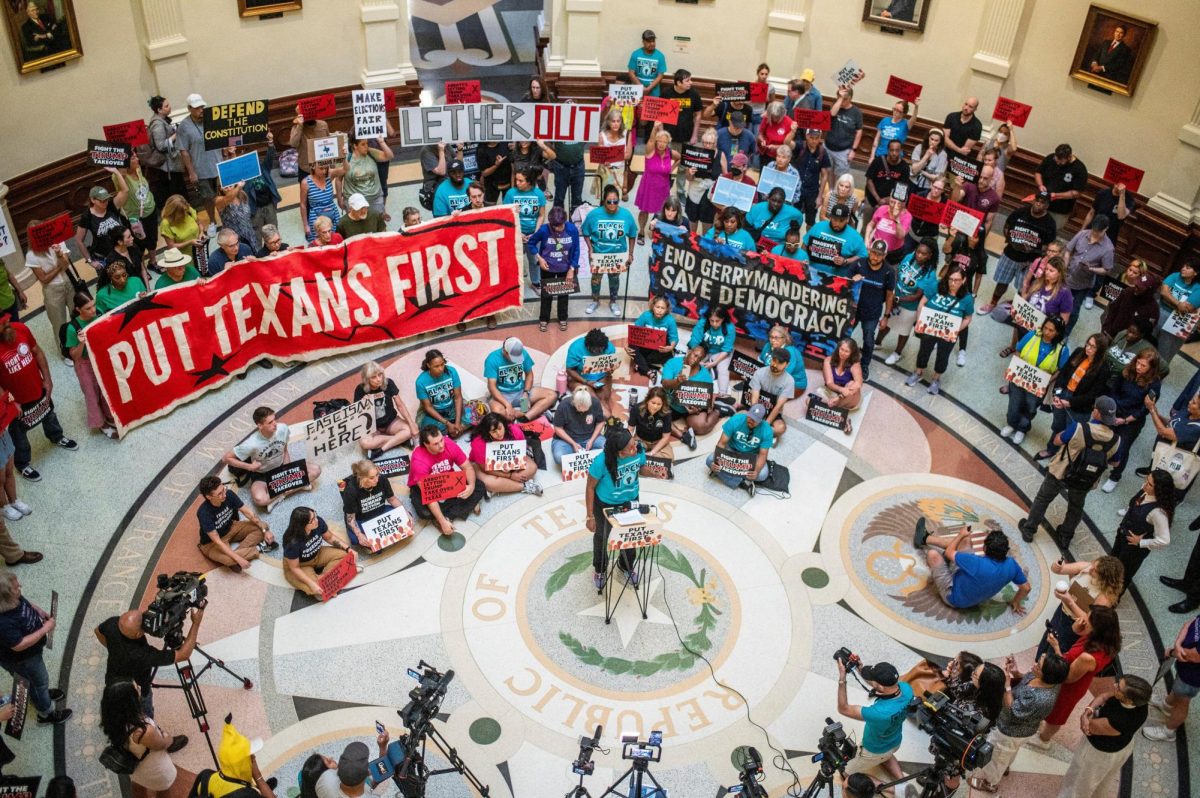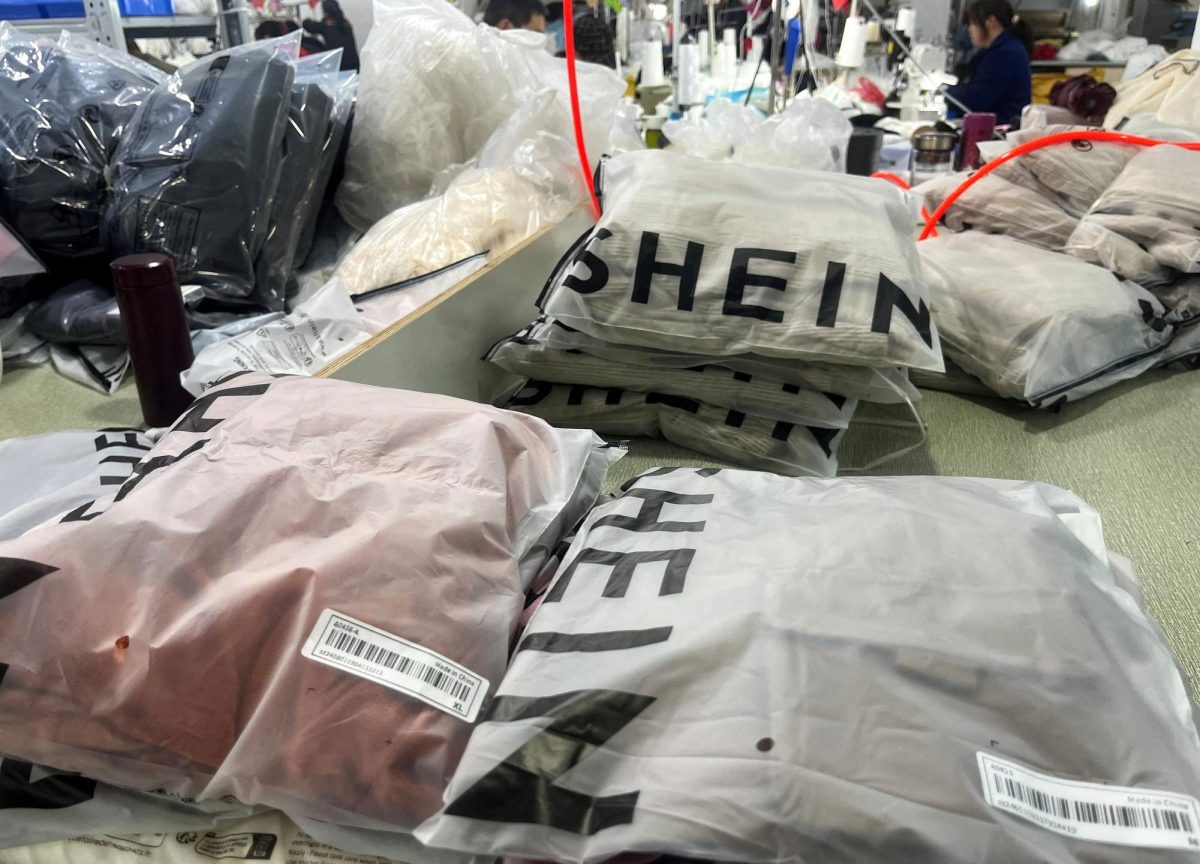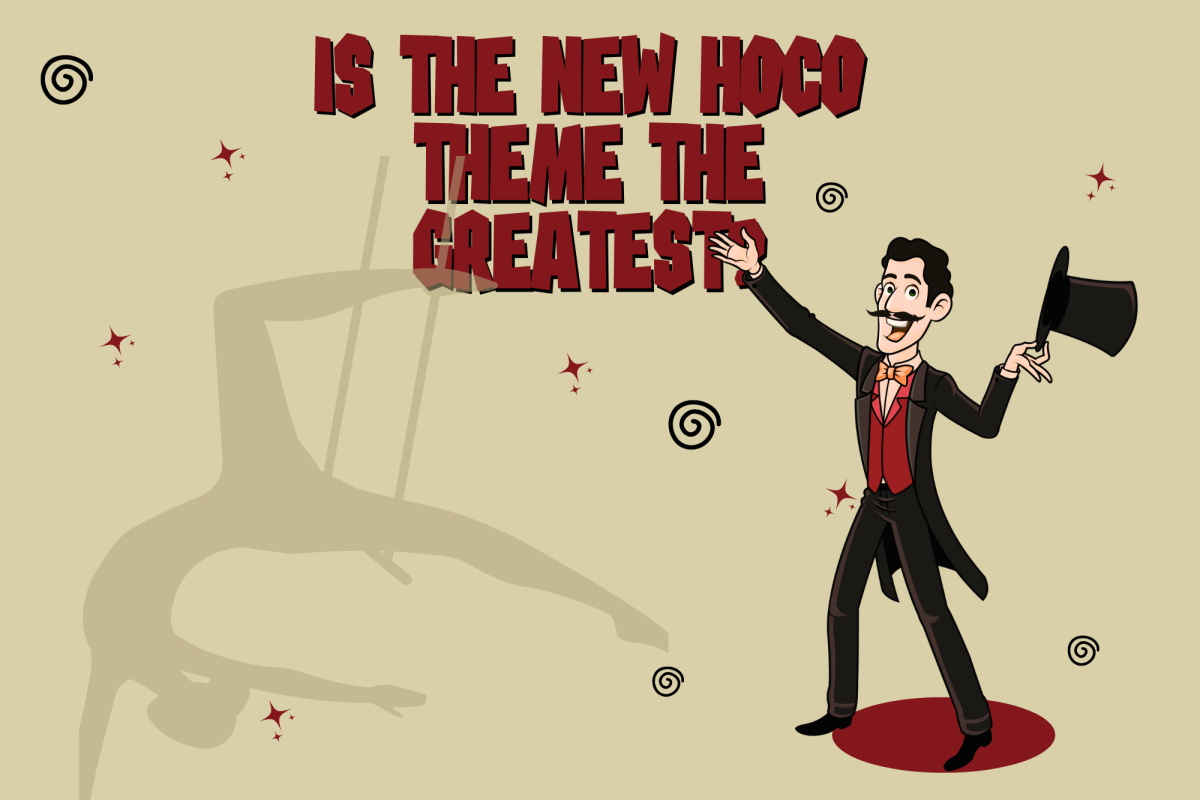The recent introduction of Tilly Norwood, an AI generated actress, created by Eline Van der Velden, has sent major shockwaves through Hollywood. Norwood is being hailed as a potential replacement for human actors. With a growing social media presence and even agency representation on the horizon, her sudden arrival raises valid questions about the future of acting and the ethical implications of AI in the entertainment industry.
Supporters of Norwood argue that AI actors could revolutionize film-making by reducing costs and offering limitless variability. Van der Velden envisions Norwood as capable without the constraints of human limitations. Yet not everyone sees Norwood’s rise as progress.
The backlash from Hollywood insiders has been swift and severe. The SAG-AFTRA, a labor union representing roughly 160,000 professionals in the entertainment and media industries, including actors, broadcasters, and recording artists, condemned the use of synthetic performers and does not regard Norwood as one. SAG-AFTRA said they believe that true creativity can only be achieved by a human being with emotions and life experience to draw from.
While some people see Norwood as a symbol of technological advancement, her rise sparks fear about a long dreaded topic: the gradual erasing of humanity in art. Acting is not just about appearance or flawless performance, it is about emotion, empathy, and most importantly, experience. AI may be able to replicate a tear, but it cannot feel sadness. It can mimic a smile, but it cannot feel joy. If more studios begin replacing actors with algorithms and codes, they risk trading authenticity for perfection. When creativity becomes data-driven, art loses the soul that makes it resonate with people.
What does this say for aspiring performers? The students spending years studying drama, perfecting their craft, and chasing a dream that already feels like a wild goose chase? The rise of AI performers sends a discouraging message that human effort can be replaced by digital imitation. It tells the young artists that their talent, emotion, and passion will never live up to a machine’s data programming. A message that is not only unfair but dangerous. Art thrives on human ambition. If the next generation starts to believe they have no place in the industry, Hollywood risks silencing the very voices that could shape its future, planning a quick death and digging its own grave.
The rise of AI in entertainment is inevitable, but it doesn’t have to erase the people who built the industry. As Hollywood navigates this new digital frontier, it should remember that the heart of cinema has, and always will be, unmistakably human.

